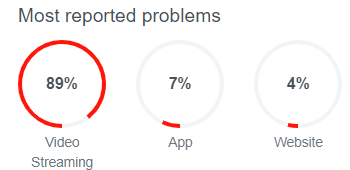A BIZARRE experiment has found that certain accents make humans trust robots more.
According to the new research, a social bot speaking with a local accent is more likely to form connections.
Social robots are being designed for many things including caring for the elderly and teaching children.
Humanoids will only be successful in this role if the people they’re working with trust them.
That’s where a new study in Frontiers in Robotics and AI journal comes in.
“Surprisingly, people have mixed feelings about robots speaking in a dialect — some like it, while others prefer standard language.
“This made us think: maybe it’s not just the robot, but also the people involved that shape these preferences,” said lead author Katharina Kühne of the University of Potsdam.
The robots are said to appear more trustworthy and competent when they have a human-like voice.
“Imagine a robot that can switch to a dialect. Now, consider what’s more critical in your interaction with a robot: feeling a connection (think of a friendly chat in an elderly home) or perceiving it as competent (like in a service setting where standard language matters),” Kühne added.
The researchers tested their theory on 120 people living in Germany.
Most read in News Tech
Participants either lived in Berlin or Brandenburg.
The study involved participants watching videos of a male robot speaking in a standard German accent or a Berlin dialect.
The Berlin dialect is often considered working-class and informal.
Participants then filled out a form about their impression of the robot.
Kühne concluded: “If you’re good at speaking a dialect, you’re more likely to trust a robot that talks the same way.
“It seems people trust the robot more because they find a similarity.”
Adding: “This leaves us without clear evidence for or against the idea that people facing challenges might find more comfort in social robots speaking in a familiar dialect.
“But if a robot is using the standard language and it’s essential for people to perceive it as competent in the interaction, it might be beneficial to minimize cognitive load.
READ MORE SUN STORIES
“We plan to dive deeper by testing cognitive load during conversations.”
The team is planning to conduct more research in real-life situations.








